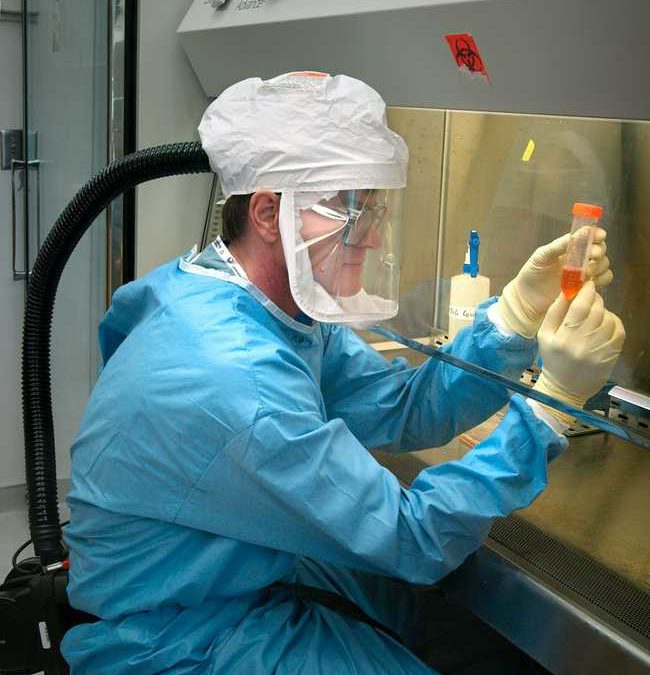You may have never heard of the GPR39 gene. But you may be aware of someone in your life who could benefit from knowing how and why the GPR39 gene impacts depression and alcohol consumption. A recent study modified the zinc sensing receptor levels of a protein that are encoded by the GPR39 gene.
The study proved by encoding and targeting the GPR39 gene; researchers were able to reduce alcohol consumption in mice. Previously the GPR39 zinc-binding receptor gene had only been associated with depression. But the medical community knew mood and alcohol disorders are often co-mingled.
People with alcohol use disorders are 3.7 times more likely to have major depression. The GPR39 research on depression and alcoholism helps prove why studies need to use cross-disorder approaches. The cross-disorder approach helps identify viable and possible treatments for any substance or mood disorder.
The importance of what the GPR39 gene means to alcohol and depression research cannot be overvalued. Read on to learn more about how this important gene research may change the way alcohol and depression are treated.
How Alcoholism and Major Depression are Treated
Substance Abuse and Mental Health Services Administration (SAMHSA) official recommendation is when dealing with substance abuse, an integrated treatment approach should be used. That’s because by coordinating the substance abuse with mental health interventions, you have a stronger and better success rate. In most rehabilitation centers today, people who struggle with addiction will many times trigger a mental health illness like depression.
The Centers for Disease Control and Prevention (CDC) reports people who abuse alcohol almost always have a comorbid condition of associated with some form of depression. That’s why many people in substance abuse treatment centers will often be receiving treatment for their depression or mood disorder at the same time. No researcher has ever been able to determine which comes first, the depression or the alcoholism?
It’s often compared to the eternal question of which came first the chicken or the egg? The only thing that matters in the treatment equation is making sure the therapy addresses both – alcoholism and depression.
GPR39 Gene
It’s already an accepted medical fact that alcoholism and depression are connected, and both have several factors impacting them. They are:
- History of alcoholism or depression disorder in families
- Genetics
- The environment you live in or are exposed to
- Biochemistry
The GPR39 gene was already known to be an encoded protein-coupled with receptor genes. The receptor genes are involved in zinc-dependent signaling to various tissues and organs. Historically, the protein was considered to be involved in the pathophysiology of depression.
It’s now being studied and researched for the comorbid symptoms and treatment for depression and alcohol abuse. This new and exciting development for treating alcohol disorders came about when the GPR39 gene was hypermethylated. The hypermethylated downregulated expression of heavy alcohol drinking macaques.
It was found the GPR39 agonist reduced the macaques’ overall alcohol intake.
Treatment Programs for Depression and Alcohol Disorders
When you find a rehabilitation program that treats the inner and outer self, the transformation that occurs can be astounding. No person in treatment should have a set time frame to become free from drugs, alcohol, or a mental disorder like depression. What works for one person may not work at all for someone else.
You can have successful phases built into treatment programs, but no therapy should have an abrupt or unfinished ending. New developments being made in the industry of depression and alcoholism research need to be included in program deliverables, if at all possible. The GPR39 gene is a case in point.
Implementation of successful gene treatment can’t be done in for programs in depression and alcohol disorders. At least they can’t be done yet. That’s because the GPR39 gene research and studies are still in controlled scientific environments.
The research is promising thus far, and it might not be long at all before this type of treatment is an acceptable and viable option in the treatment of depression and alcohol disorders.
Alcohol Disorders and Depression Statistics are Overwhelming
Alcohol use disorder (AUD) is defined as when an individual has a compulsion to use alcohol they can’t control. AUD can also bring about symptoms of withdrawal when the person tries to stop drinking. There are over 16 million people in the United States who’ve been diagnosed with AUD.
Mood disorders, which include depression, affect almost 10% of all adults in the United States. The medical field already knew mood disorders and AUD were connected. But it was almost impossible to figure out which treatments were most effective.
Almost by accident in 2019, researchers started studying the zinc-binding receptor called G-protein coupled with GPR39. The same combination had been previously linked to helping with depression. The AUD study used a zinc-binding receptor called G-protein coupled with the GPR39 had already proven success with rhesus macaques.
This time, the scientists theorized the enhanced GPR39 gene activity might reduce alcohol intake and needed to continue to be tested for research purposes.


When the time comes to begin the early phase of addiction therapy, you mustn’t approach the situation yourself. Consider working with an expert interventionist who understands how to mediate the initial dialogue between loved ones who face alcoholism or drug addiction.